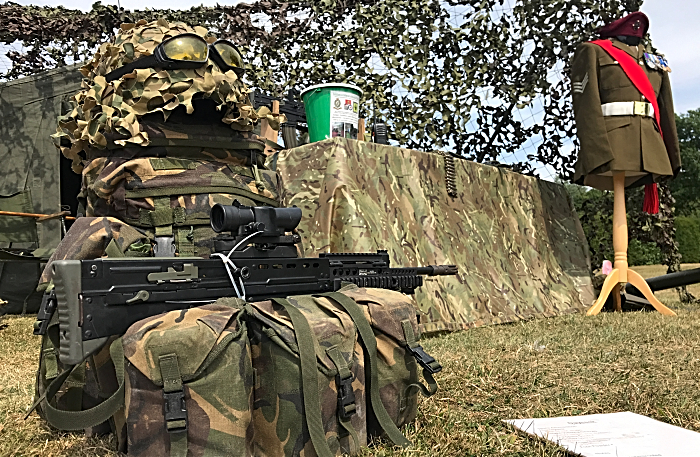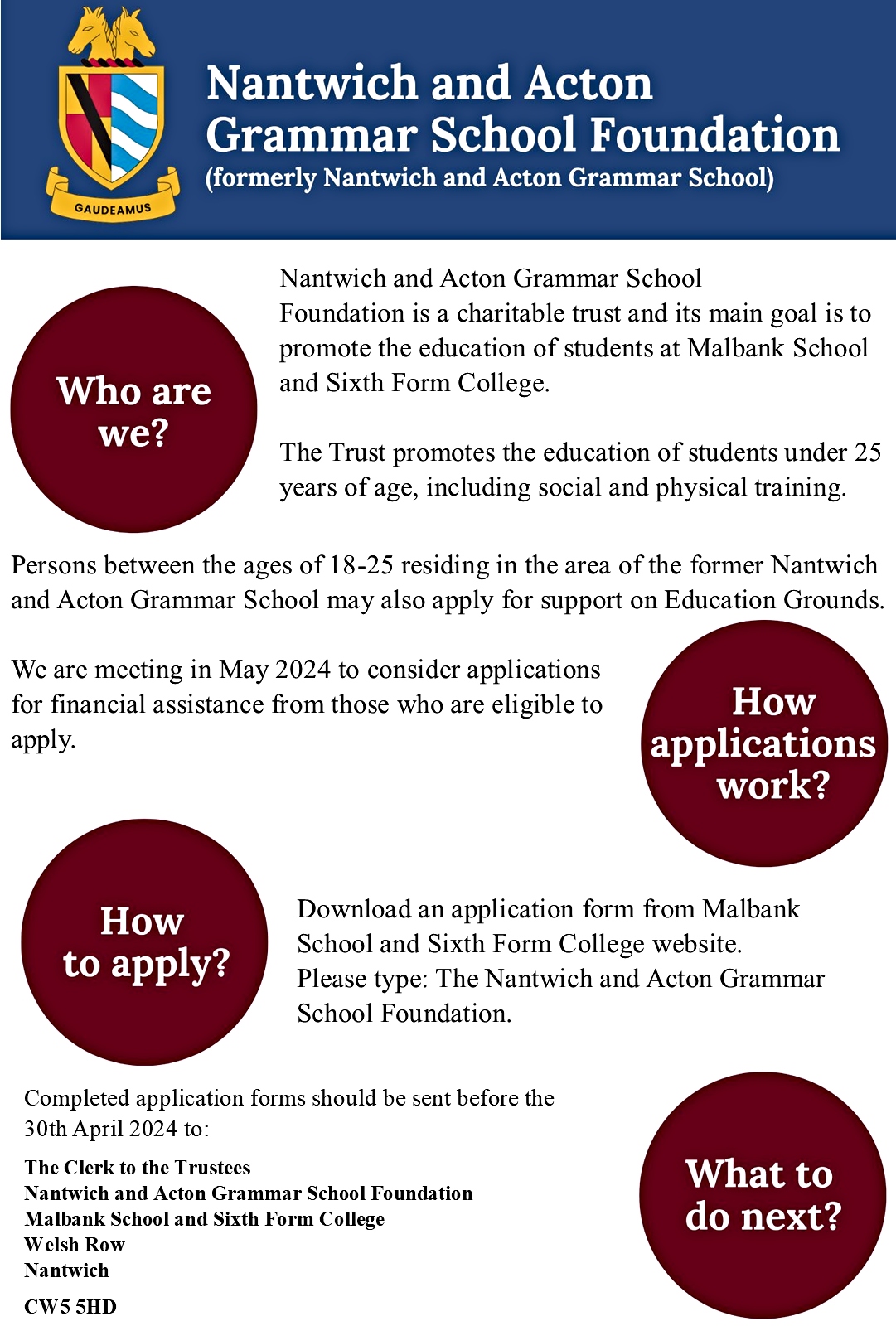
According to the Ministry of Defence (MOD), there are around two million UK Armed Forces veterans residing in Great Britain in 2022.
While this number is projected to fall to 1.6 million by 2028, there remains concern that these individuals (many of whom suffer with physical and mental health conditions as a result of their time in the Armed Forces) are failing to receive the necessary support as they adjust to civilian life.
This has been explored by statistics collated by military specialist solicitors Bolt Burdon Kemp, but what do they tell us and what can be done to tackle the underlying issues?
What Were the Findings from Bolt Burdon Kemp?
In 2019, the Prime Minister create a brand-new Office for Veterans Affairs, with a view to providing relevant and lifelong support to retired military personnel.
While this marked the first time that veteran’s needs and requirements would be catered to by a government department, these coordinated attempts to improve the lives of former servicemen and women are apparently falling short of their ultimate aims.
This has been borne out by Bolt Burdon Kemp’s survey of 20 military charities, which found that some 74% of respondents (well over two-thirds) believe that the government is simply not doing enough to support UK veterans.
Conversely, just 5% believe that the government is doing too much to help veterans (which is a strange perspective to adopt as a military charity), while only 21% feel that public agencies are doing the right amount to support ex-servicemen and women.
What Health Challenges do Military Veterans Face?
Interestingly, longitudinal studies commissioned by the King’s Centre for Military Health Research (KCMHR) estimate the cumulative rate of PTSD among ex-military personnel to be 6% among the 2014/2016 cohort of soldiers.
This is fundamentally higher than the 4% recorded in 2004/2006 and 2007/2009, suggesting that the need for mental and emotional support among this cohort is on the rise.
This rate is also higher than the comparative rate of 4.4% among the civilian population, so there’s a clear need to help and support soldiers as they return to normal life.
The good news is that help could be on the horizon, with bids set to open for the £5 million funding of innovative projects that will deliver cutting-edge technological support to veterans/
Referred to as ‘The Veterans’ Health Innovation Fund’, this will support the development of new and relevant healthcare treatments for veterans, utilising technologies like AI, virtual reality and even regenerative engineering.
This fund could deliver a much higher standard of veteran healthcare, particularly from a mental and psychological perspective.
It will also utilise technology to reach a larger number of military veterans, ensuring far greater coverage of support for those who require it the most.

















Recent Comments